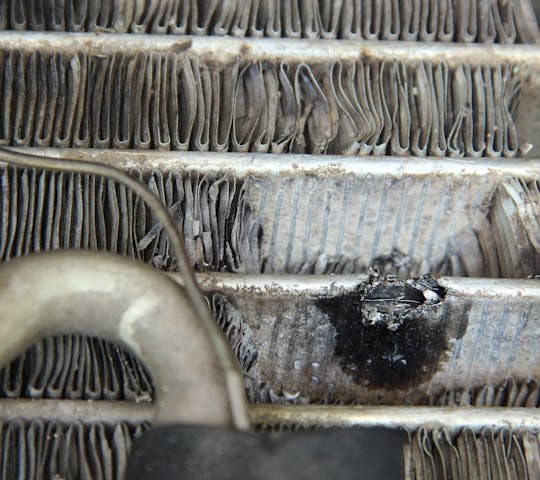Mechanical advice from the experts

Servicing
How much should a car service cost?
Jul 13, 2023
Get the low down on how much you should be paying for a car service.
We're the Servicing Experts
See more about servicing

Jul 13, 2023
Everything you need to know about Wheel Alignment
Have you ever wondered why the tyres on your car are wearing out so fast? It might seem like they don't make tyres to last as long as they used to, so if you have to replace your tyres yet again, you might have a wheel alignment problem. In this guide, we explain what wheel alignment is, why it is important, and how regular wheel alignment services can save you a ton of money over the life of your car.

Jul 13, 2023
What are Engine Mounts, and How do They Work?
Engine mounts are complex components whose function is to both hold a vehicle's engine and transmission in place in a vehicle and to prevent the engine from transmitting its vibrations and movements to the passenger cabin via the vehicle’s structure.

Jul 13, 2023
Can I Replace My Own Diesel Particulate Filter?
As a general rule, diesel particulate filters are welded into exhaust systems, meaning that removing a DPF from a vehicle often requires the removal of large parts of the exhaust system from the vehicle to permit cutting the DPF from the exhaust system without damaging the vehicle.
All about Car Repairs
See more about repairs

Jul 13, 2023
How does car air-conditioning work?
How often do you think about how your car's air conditioning system works? Do you just switch the air conditioner on and trust that it will work? If it does not work, do you just visit the nearest car air conditioning service centre and ask them to regas the air conditioning system?

Jul 13, 2023
What Are the Symptoms of a Defective Diesel Particulate Filter?
Although failed (and failing) DPFs can and do cause serious symptoms like no-start conditions and others that can include the immobilization of an affected vehicle, most DPFs fail progressively over extended periods, and therefore, symptoms appear gradually- in fact, sudden failures of DPF’s are relatively rare.

Jul 13, 2023
What Are Cam Lobe Profiles?
This image shows a close-up view of two adjacent lobes on a camshaft, and at a glance, it might appear as if these two lobes are no different from the lobes on any other camshaft based on the fact that ultimately, all lobes on all camshafts open and close the engine valves in all four-stroke engines.
Warranty Worries?
See more about car warranties

Jul 13, 2023
Does a car warranty cover the air conditioning system?
All car manufacturers’ warranties include the air conditioning system. However, warranties differ somewhat in what they cover. Warranties also differ in what they do not cover, and for how long they cover different parts and components.Warranties also require that all required air con service and repairs have been performed according to the car service schedule.

Jul 13, 2023
Can you lose your new car warranty if you don't go back to the dealer for servicing?
When you bought your new car recently, you may have heard the dealer say that the vehicle’s warranty will be voided if you don’t have it serviced at the dealership. Well, the truth is that no matter how much the dealer wants this to be true, there is more to the story.
Roadworthy Requirements
See more about roadworthy certificates

Jul 13, 2023
How to Get a Vehicle Inspection in Western Australia
With only a few exceptions, all light vehicles that are rated as Passenger Transport Vehicles must undergo annual inspections for those vehicles to both remain safe to operate on public roads and to retain their status as Passenger Transport Vehicles.

Jul 13, 2023
How to Get a Roadworthy Certificate in the Northern Territory
All vehicles, including trailers, in the Northern Territory, must be inspected for their state of roadworthiness before you can register it for the first time, or renew an existing registration. Note that depending on the vehicle type and its predominant use, some vehicles may only require an inspection once it is 5 years old and then again only when it is 10 years old.

Jul 13, 2023
How to Get a Roadworthy Certificate in South Australia
At present, only public passenger transport vehicles like buses and taxis, as well as road trains and prime movers towing two trailers (b-doubles) require regular roadworthy inspections and certifications. All other vehicles are only subject to mandatory/statutory inspections and certifications under the following conditions-
